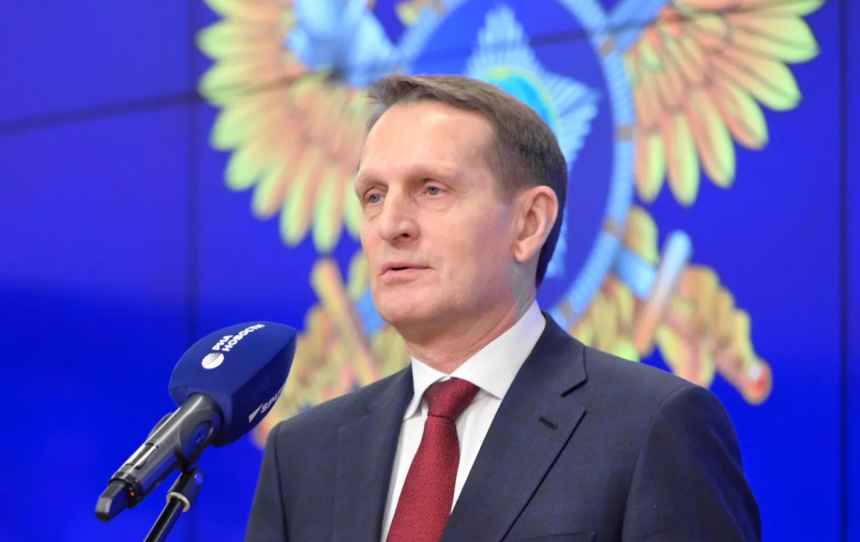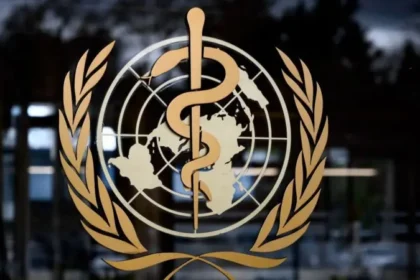RASC News Agency: Sergei Naryshkin, Director of the Russian Foreign Intelligence Service (SVR), has accused Western intelligence agencies of deliberately seeking to prolong instability in Afghanistan by supporting opposition factions to the Taliban. He described this policy as a calculated element of the West’s broader geopolitical strategy to assert influence in the region at the cost of Afghanistan sovereignty and regional security. According to an official statement issued by the SVR, Naryshkin made these remarks during a visit to Baku on April 17 and 18, where he participated in the regional conference titled “Afghanistan: Regional Connectivity, Security, and Development.”
In his address, Naryshkin criticized the ongoing freeze of Afghanistan’s financial assets by Western governments and the continued enforcement of sanctions against the Taliban regime. He asserted that Western powers are not only denying the country economic relief but are also actively seeking covert channels through which to support anti-Taliban movements. During the visit, the SVR chief also held consultations with senior intelligence officials from the Republic of Azerbaijan. Emphasizing Afghanistan’s pivotal geopolitical location, he stated: “Our shared interests as regional actors demand the pursuit of reconstruction, stability, and prosperity in Afghanistan.”
Naryshkin further spoke of Moscow’s improving ties with the Taliban, asserting that Russia views the group’s governance efforts in a positive light and considers the possibility of its eventual international recognition. “We approach the Taliban’s state-building initiatives with cautious optimism,” he remarked. He went on to claim that the principal barrier to Afghanistan’s stabilization lies not within its borders but in Western interference. According to Naryshkin, the West is actively working to perpetuate disorder and obstruct any prospects of stability under Taliban rule. He also expressed appreciation for the cooperation of Kazakhstan, Tajikistan, and Uzbekistan in identifying and countering transnational terrorist threats emanating from within Afghanistan and the broader region.
This statement comes in the wake of Russia’s recent and controversial decision to delist the Taliban from its register of terrorist organizations an act that has drawn sharp criticism from regional observers and rights advocates. Despite Russia’s move, the United Nations has clarified that the Taliban’s status under international law remains unchanged, and the group continues to be subject to international sanctions and diplomatic non-recognition.






